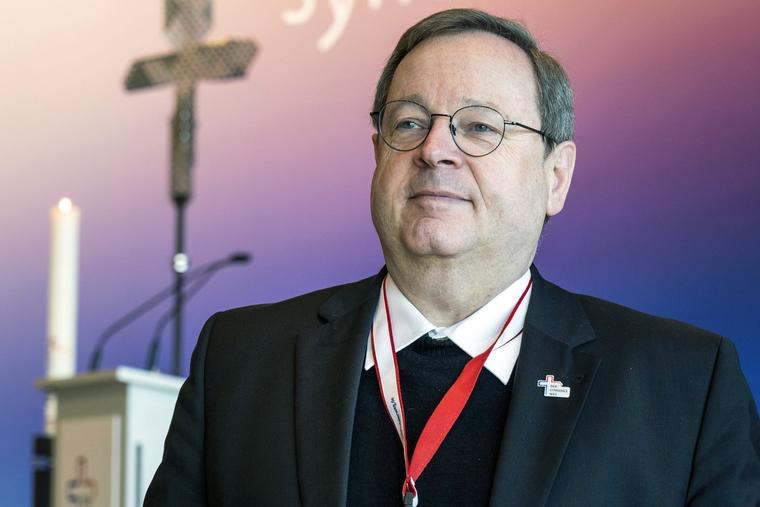German Bishops Relax Restrictions for Same-Sex, Divorced-Remarried Church Employees
The new legislation means that, whereas in the past, lay employees had to agree to a moral code, now such issues are viewed as a private matter, and the Church as an employer will pay no attention to them.

Just days after returning from their ad limina visit in Rome, Germany’s bishops have loosened ecclesiastical labor law so that all employees of the Catholic Church in Germany will no longer be threatened with dismissal if they are divorced and remarried or living in a same-sex relationship.
The German bishops’ conference (DBK) announced on Tuesday that the new law, called the “Basic Order of Ecclesiastical Service,” was passed by a two-thirds majority during the bishops’ plenary meeting this week.
The law applies to some 800,000 laity working for the Church in Germany — the country’s largest employer — but not to those directly engaged in pastoral work such as catechists.
The new legislation means that, whereas in the past, lay employees had to agree to a moral code, now such issues are viewed as a private matter, and the Church as an employer will pay no attention to them.
“The core area of private life, especially relationships and intimacy, are not subject to legal assessment,” the law states.
It adds that “diversity in Church institutions is an enrichment” and that “all employees can be representatives of God’s unconditional love and thus of a Church that serves the people, regardless of their specific tasks, their origin, their religion, their age, their disability, their gender, their sexual identity, and their way of life.”
It concludes that “as long as they bring a positive attitude and openness toward the message of the gospel [and] respect the Christian character of the institution.”
The bishops’ news portal Katholisch.de described the reform as a “paradigm shift away from harsh demands on private lifestyles and ways of life, and toward valuing diversity.”
To take effect, each diocesan bishop must enact the law which goes further than a 2015 amendment to the legislation. Although at that time the law was relaxed for employees in irregular unions, it continued to allow Church authorities the right to examine any public violation of loyalty to Church teaching on a case-by-case basis. And an employee could, for example, still be dismissed if they civilly remarried, but only in special cases.
“Now all can live in contradiction to what the Church teaches,” a German Church source told the Register. “It amounts to a secularization, or adaptation of the Church to the world.”
The source also pointed out that the Church had voluntarily surrendered her right to uphold her teaching in Church-run institutions — a privilege that had been hard-won and preserved through the Kulturkampf of the 19th century, the Third Reich and Communist East Germany.
The fervently heterodox Central Committee of German Catholics, Germany’s largest and most influential lay organization, said the move was “overdue.” Observers have also said the change has been precipitated by staff shortages.
- Keywords:
- german bishops conference
- germany


















